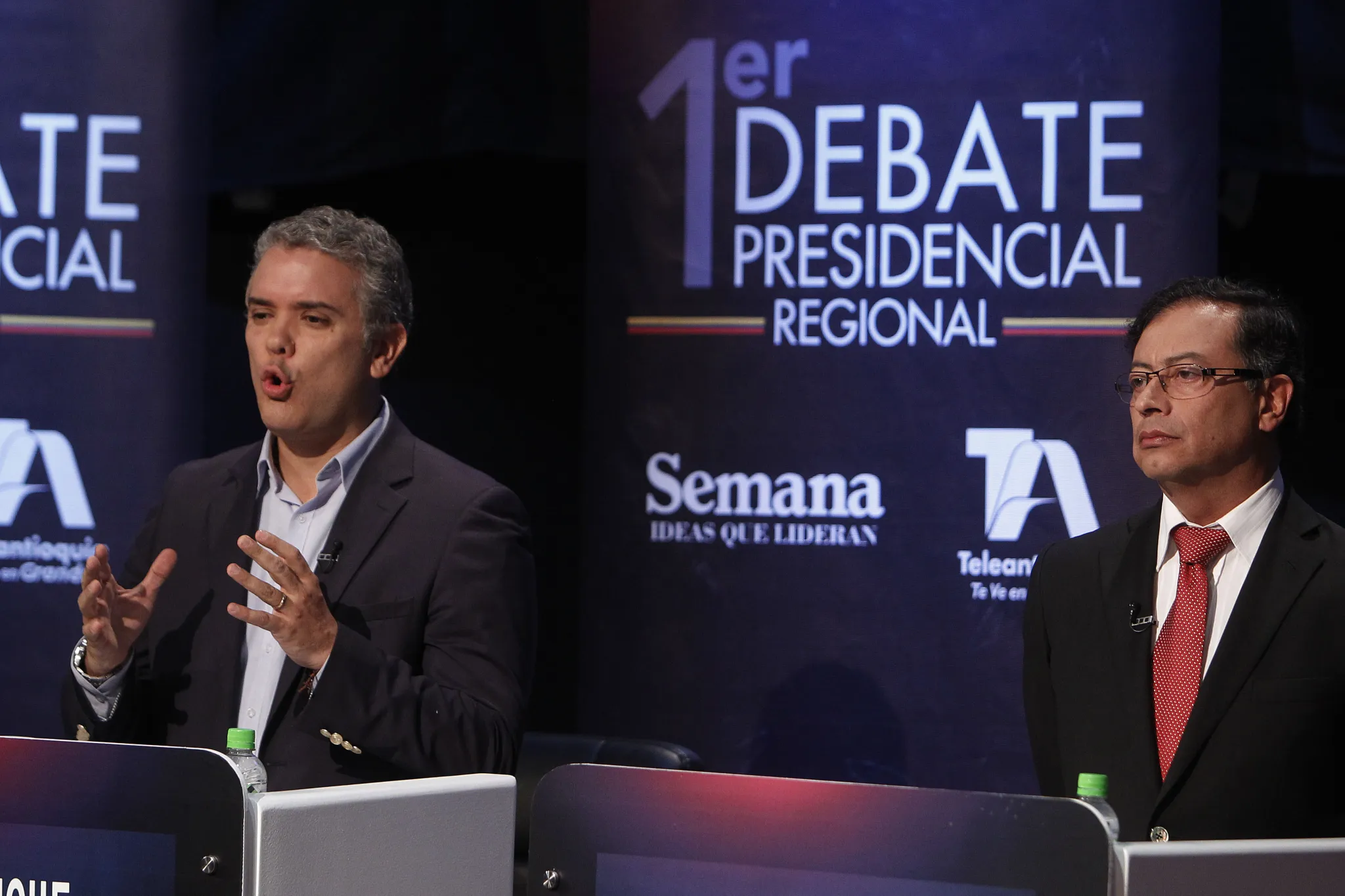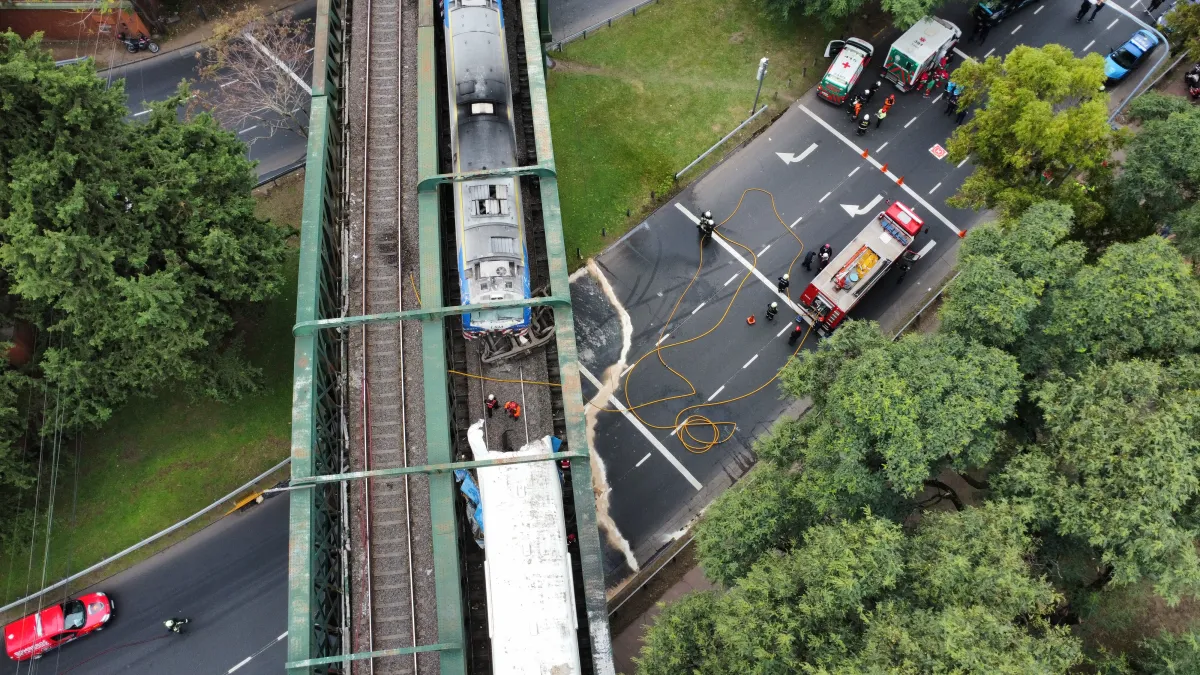International
Brazil hikes interest rate as inflation surges

International
First recipient of genetically modified pig kidney dies two months post-transplant
International
Duque sees “despair” and “insecurity” in Petro’s attitude and proposes a “democratic debate”
International
14 of the injured left by a train crash in Buenos Aires are still interned
-
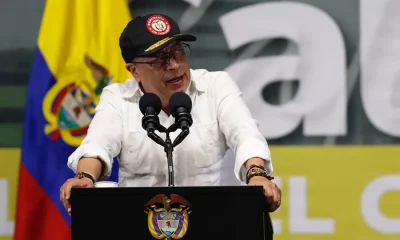
 International2 days ago
International2 days agoPetro calls former President Duque a “terrorist” for the “murder” of young people in protests
-
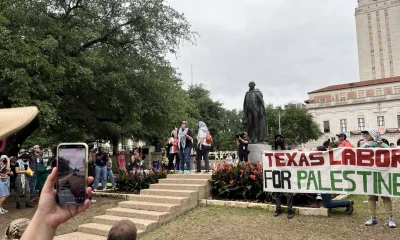
 Central America4 days ago
Central America4 days agoThe University of Texas, symbol of repression against pro-Palestinian protests
-
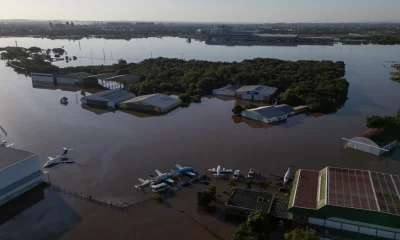
 International4 days ago
International4 days agoBrazil exceeds 100 deaths from floods in the southern region of the country
-

 International4 days ago
International4 days agoAt least 3 dead and 5 wounded in attack on a Taliban convoy in Afghanistan
-
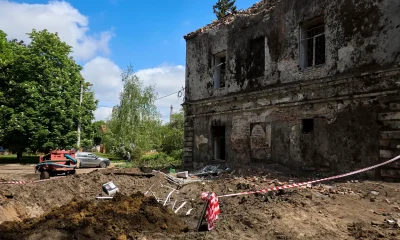
 International4 days ago
International4 days agoEU countries agree to use profits from frozen Russian assets in defense of Ukraine
-
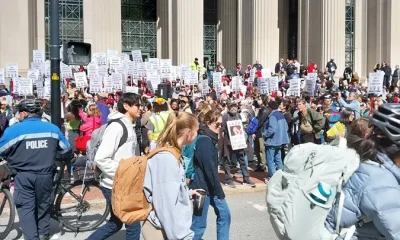
 International2 days ago
International2 days agoMIT students protest again despite reprisals from the center and Biden’s accusation
-

 International2 days ago
International2 days agoAn aurora borealis is visible tonight from much of Spain
-
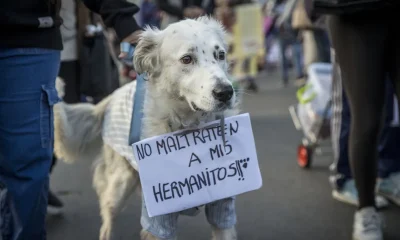
 International2 days ago
International2 days ago‘No to animal abuse’, the clamor of a march of dogs and humans in Bolivia
-
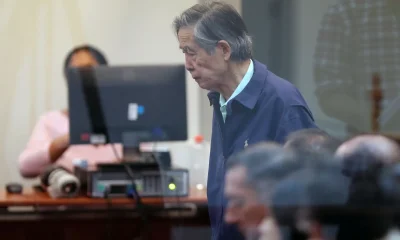
 International2 days ago
International2 days agoFormer Peruvian President Alberto Fujimori, diagnosed with a new malignant tumor
-
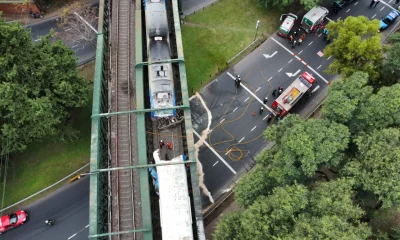
 International22 hours ago
International22 hours ago14 of the injured left by a train crash in Buenos Aires are still interned
-

 International22 hours ago
International22 hours agoDeath toll from storms in southern Brazil rise to 137
-
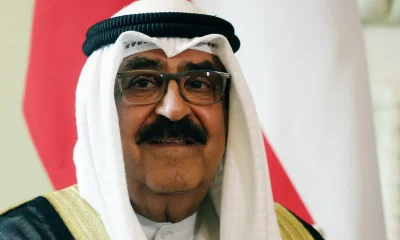
 International2 days ago
International2 days agoThe Emir of Kuwait dissolves Parliament and suspends some clauses of the Constitution
-
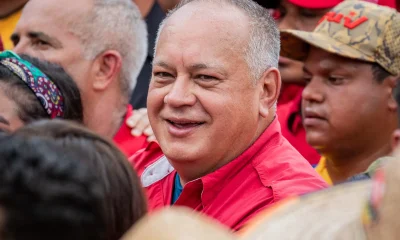
 International3 days ago
International3 days agoColombian Foreign Minister on the accusation of Diosdado Cabello: To foolish words, deaf ears
-
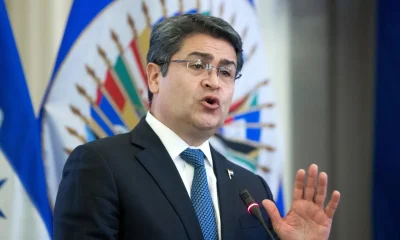
 Sin categoría3 days ago
Sin categoría3 days agoThey reject the request of former Honduran president Juan Orlando Hernández for a new trial in New York
-
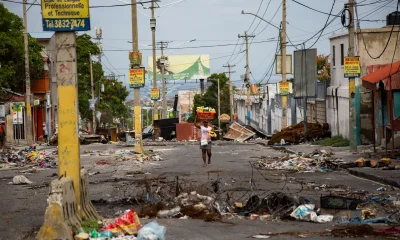
 International22 hours ago
International22 hours agoHaitian armed gangs mobilize before the arrival of the multinational force
-
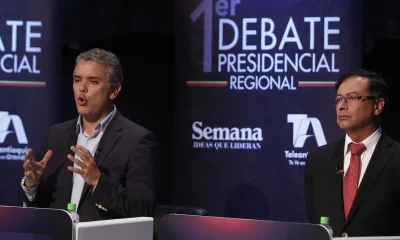
 International22 hours ago
International22 hours agoDuque sees “despair” and “insecurity” in Petro’s attitude and proposes a “democratic debate”
-
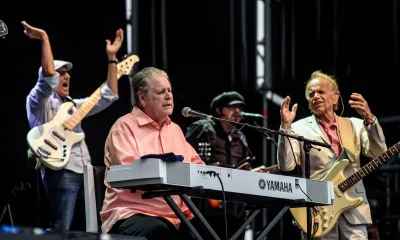
 International3 days ago
International3 days agoBrian Wilson, of The Beach Boys, is under the tutelage of his manager because of his dementia
-

 International16 mins ago
International16 mins agoFirst recipient of genetically modified pig kidney dies two months post-transplant
-

 International23 hours ago
International23 hours agoThe UN says it works with the de facto Afghan Government to assist in floods
-
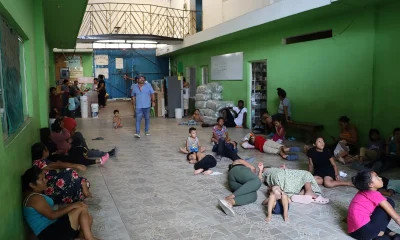
 International4 days ago
International4 days agoIrregular migrants intercepted by Mexico triple in the first quarter
-
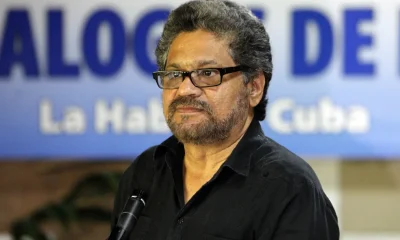
 International23 hours ago
International23 hours agoThe FARC dissident ‘Iván Márquez’ reappears in a video after being presumed dead
-
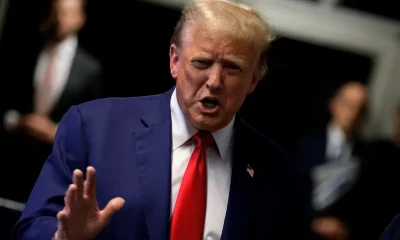
 International3 days ago
International3 days agoTrump criticizes pro-Biden Jews: “If you vote for him, be ashamed”
-
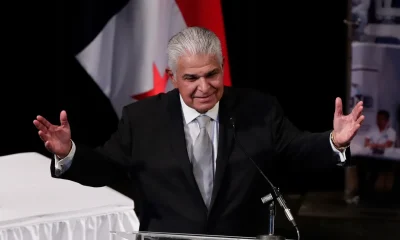
 International3 days ago
International3 days agoThe president-elect of Panama, José Raúl Mulino, promises repatriation of migrants crossing the Darién
-
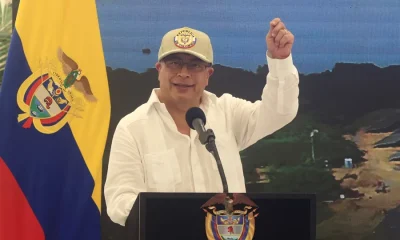
 International4 days ago
International4 days agoPetro on the formulation of charges against him: “It’s the beginning of a coup d’état”





















